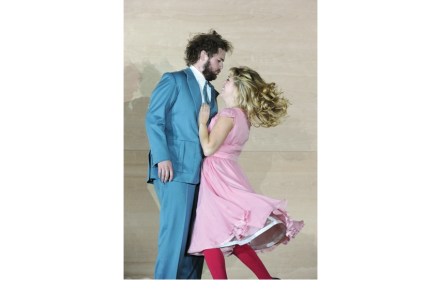Heaven and hell | 5 November 2011
OperaRameau is the great baroque master who has yet to be properly rediscovered, at any rate in the UK. It isn’t easy to see why, when one contemplates the Handel-mania that has been sweeping the land for the past quarter-century. Rameau is at least as melodically fertile, his scoring is extraordinary and often extraordinarily lovely,










